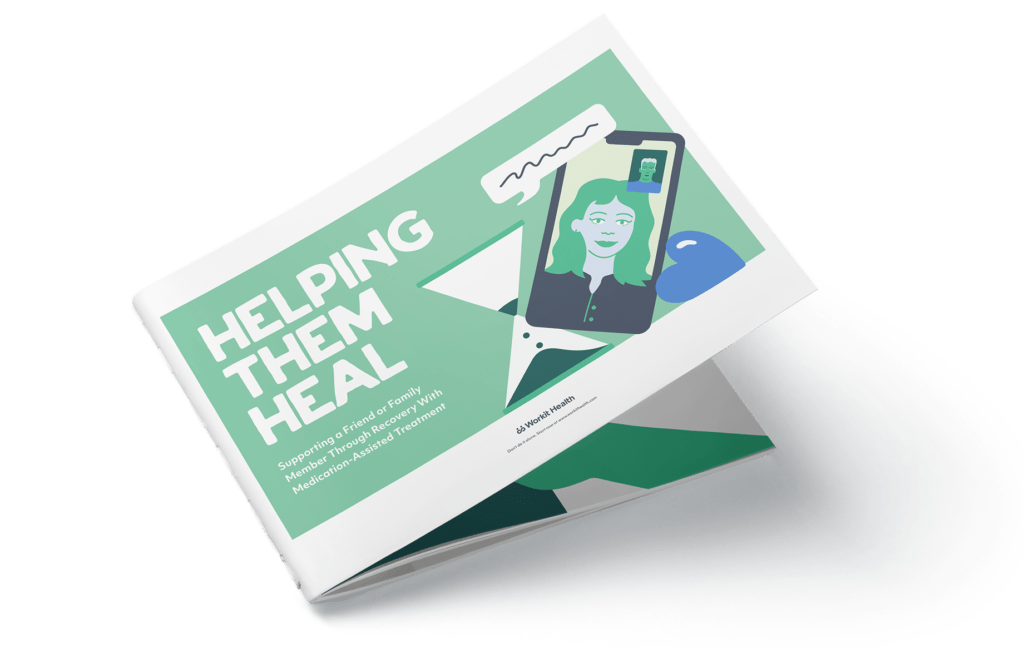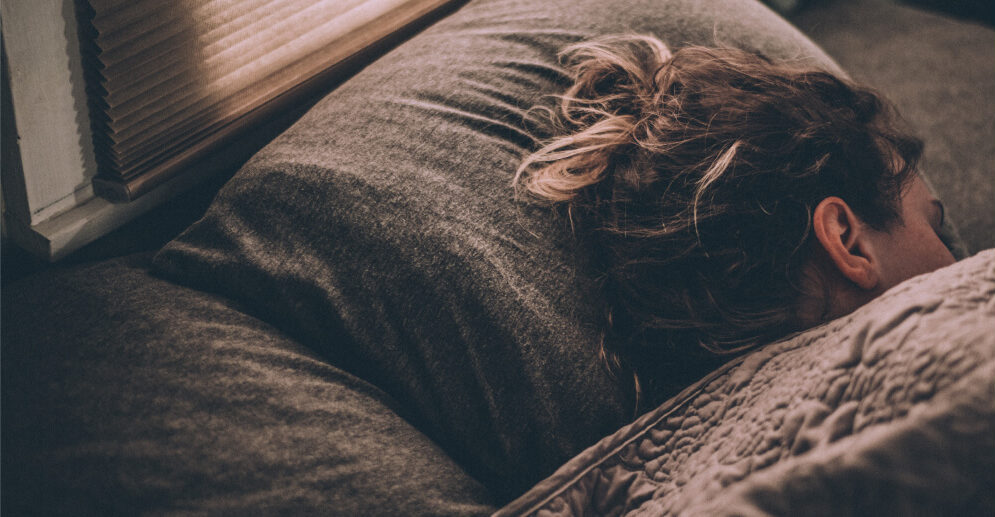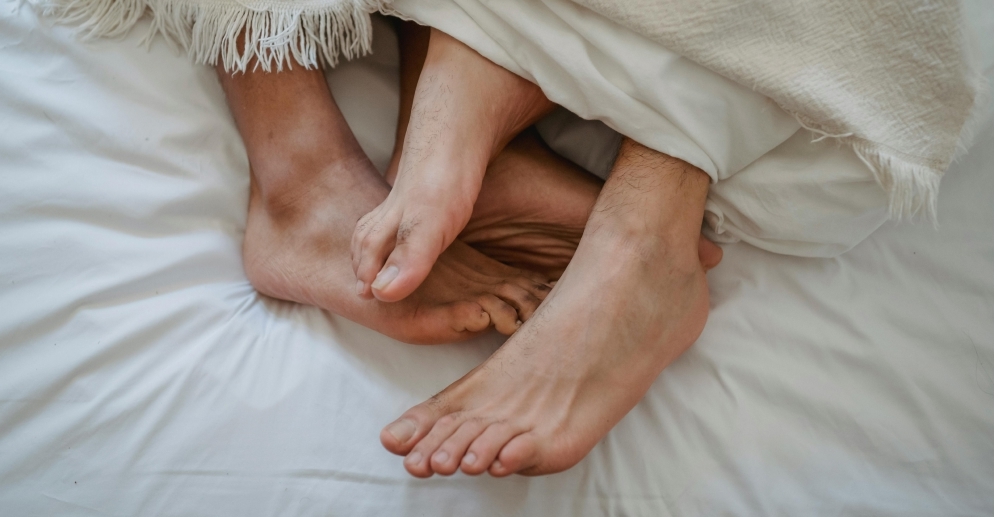How it feels to become an alcoholic before 21
It was May 7, 2013, at roughly 5 a.m., though I had no sense of day or time in my current condition. I peeled open my eyelids, thick with sleep. I glanced around the room, unsure of where I was at first. Then the bright light, the stark white walls, and the chairs on the edge of the room clicked into place in my mind. I was in a hospital bed. My parents were in the corner of the room, heads down, talking. Almost immediately, I wished I could return to sleep and put off whatever chaos was surely coming my way. But it was too late for that; they’d realized I had woken up. Over the next few hours, I heard about the circumstances surrounding my hospitalization, though I don’t actually remember any of it happening.
I had been out with college friends, drinking as I usually did. I’d gotten into the bar somehow, even though I wasn’t yet 21. While there, I drank more—raspberry kamikazes, to be exact. At bar close, my friends tried to persuade me to leave with them, but I was hellbent on going back to my dorm. I set off on my own, obviously drunk, and the cops picked me up. My blood alcohol content was .34, which is extremely high, especially for someone my size. That was all normal for me though, since this was how I normally drank. The cops took me to the hospital and called my parents.
In retrospect, this rock bottom of mine was a long time coming. Let me back up a few years, and you’ll see what I mean.
My journey to discovering alcohol.
In high school, I was a varsity athlete, straight-A student, and role model to my younger siblings. Though I’d spent four years in a pretty unhealthy relationship and had struggled with some depression and anxiety, I was generally a pretty happy teenager. I never drank in high school, and I was completely okay with that. I didn’t want to risk my reputation. Drinking simply wasn’t worth the consequences.
When college rolled around in 2011, something in me changed. I realized I had a chance to recreate myself. I was away from home, on my own for the first time ever. I was in charge of my own actions, and that meant if I chose to drink, I could. No one was there to stop me.
I joined the women’s rugby team when I started college, and the first time I drank was at a rugby party. I had a beer, maybe two, and felt the room begin to dance in front of my eyes. Things came alive when alcohol was in my system. Everything seemed more vivid, more enticing, more manageable. My worries and self-awareness melted away, and I knew I’d found what I had been missing. I was hooked.
Once I started, my descent into drinking happened fast.
Over the next two years, my drinking habits picked up full steam. What began as something I did in social situations and on weekends turned into a regular habit. Then it turned into drinking before class, on my own. I even drank in the morning occasionally, to take the edge off the remnants of the night before.
Even though I was drinking so often, I was still maintaining my “model student” image—sports, writing, academics, the student newspaper. I had a 3.6 grade point average and kept up with classes. My professors enjoyed having me in class. I put on a good façade, but under the surface, I was slowly shattering into a million pieces.
The consequences of alcohol began to dominate my life.
I tried so hard to convince myself otherwise, but my drinking had taken a huge toll on me. My physical appearance became something I battled every day. I gained weight, had a yellow-ish pallor, and was often covered in bruises from incidents I couldn’t remember. My relationships were deteriorating due to things I said or did while intoxicated. I hooked up with guys I didn’t care about or even know. In a few instances, I even took to self-harm because I didn’t know how else to let out the pain I was feeling inside. I couldn’t admit that I was an alcoholic before 21, but it was the truth.
More often than not, I would wake up in the morning with an overwhelming feeling of guilt and regret. I would then drink more to cover up those feelings. My life became a vicious cycle of drinking and apologizing, saying things would be different.
But they never were. At least not until that morning when I woke up in the hospital. Though I didn’t know it then, that was the last morning the feeling of shame and regret would overtake me. That was the last morning I would have to reach out to people to apologize for what I had done the night before. That was the last morning I’d wake up with the hangover of all hangovers. That was the last morning I had to hide from myself and what I’d become.
Though I didn’t know it yet, that was the morning I took my life back.





